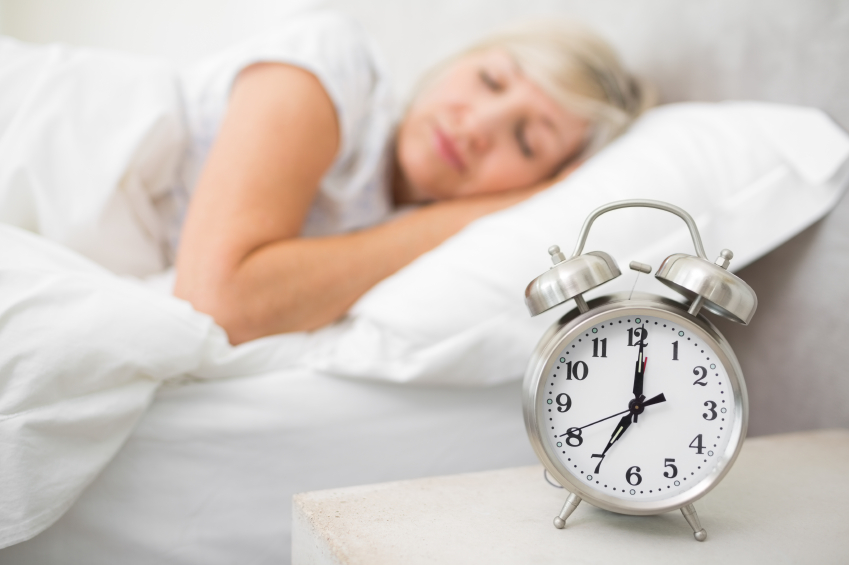Researchers Recommend 20 Minutes More Sleep for Women

If you’re like most Americans, you are probably sleep deprived. Why aren’t we sleeping? Stress, caffeine and conditions such as heart disease, obesity and depression can keep us awake, according to WebMD. Although both genders struggle with sleeplessness, a lack of sleep may affect women more, according to a study conducted by the University of Loughborough (UK).
The study, which was conducted in 2010, found women need as much as 20 minutes more sleep than men each night in order to stave off hostility, psychological distress and depression. Women’s brains are wired differently than men’s and are more complex, according to the study's lead author. Since women tend to multi-task, they use their brains more than men, requiring more sleep in order to recover. The same holds true of men who have jobs that involve a lot of decision making, multi-tasking and creative problem solving.
“Over the years, I’ve treated many men and women for insomnia,” explains Bernard Kaminetsky, MD, medical director, MDVIP. “And I noticed that women usually have a more difficult time falling asleep and staying asleep. Factors like pregnancy, menopause or even a snoring husband often interfere with a woman getting enough sleep, as well as quality sleep.”
If you have a difficult time sleeping, consider the following suggestions from experts at the Mayo Clinic:
- Establish and maintain a sleep schedule. Get up the same time every morning and go to bed the same time every evening.
- Avoid nicotine, caffeine and alcohol hours before you go to bed.
- Wear loose-fitting clothes and create a comfortable environment in which to sleep; for example, adjust the temperature, shut off electronics and use room darkening shades.
- Develop a bedtime ritual that helps you relax; for instance, listen to soothing music, read or meditate about 30 minutes before going to bed.
- Learn tips to manage stress.
- Don't replace a full night's sleep with naps.
- Incorporate physical activity into your daily routine. Work with your doctor to create a safe and appropriate exercise routine.
If you struggle getting enough sleep, work with your MDVIP-affiliated doctor. They have the time and the tools that can identify the root cause(s) of the problem and create a customized action plan to help you sleep better. If you or a loved one needs an MDVIP-affiliated doctor, click here to read about the benefits of a private doctor and find one in your area.
This content was last reviewed February 2021.





